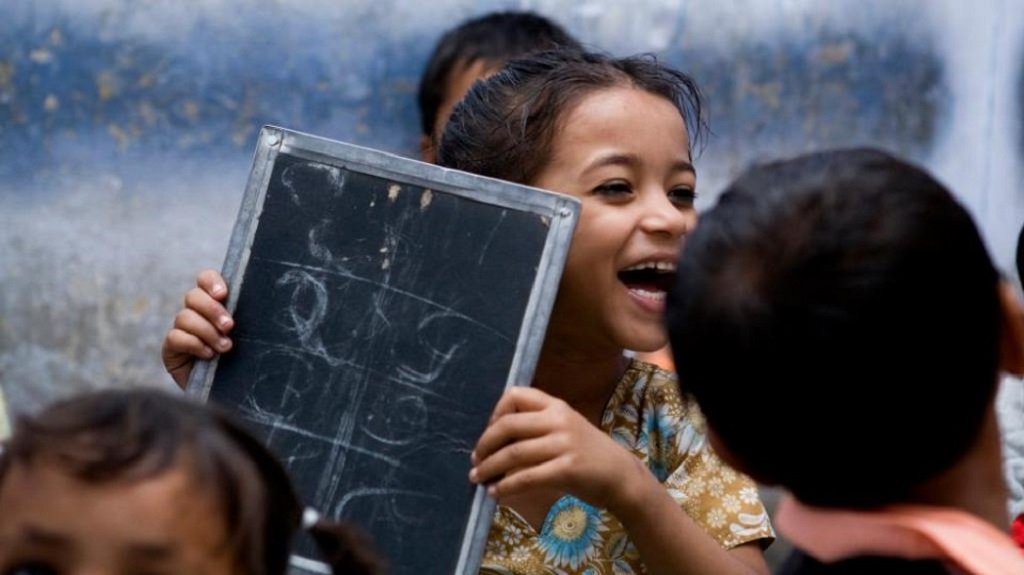Education is a fundamental right that should be accessible to all, yet underprivileged children often face significant barriers. To access quality education. Innovative programs have emerged worldwide to bridge this gap and empower these children with the knowledge and skills they need for a brighter future.
This blog of Fikrah conveys about the fundamental right of underprivileged children’s education.
1. Digital Learning Initiatives
Digital learning initiatives are transforming education for underprivileged children. Non-profit organizations and governments are providing access. To digital devices, internet connectivity, and educational content. These programs enable children to learn remotely, even in areas with limited infrastructure.
2. Community Learning Centers
Community learning centers are becoming hubs for education in underserved communities. These centers offer a safe and conducive environment. For learning outside of traditional school hours. They provide resources, mentoring, and access. To educational materials, fostering a love for learning.
3. Mobile Schools
In regions with nomadic or migrant populations, mobile schools are making education accessible to children on the move. These schools are set up in temporary locations. Thus ensuring that children receive continuous education regardless of their families’ circumstances.
4. Child-Friendly Spaces
Child-friendly spaces aim to create a nurturing environment for underprivileged children. Affected by crises or conflicts. These spaces provide psychosocial support, recreational activities, and educational opportunities. Thus helping children cope with trauma and regain a sense of normalcy.
5. Vocational Training Programs
Vocational training programs equip older underprivileged children with practical skills for employment. These programs focus on trades such as carpentry, sewing, or computer skills. Thus empowering children to become self-sufficient and break the cycle of poverty.
6. Mentorship and Tutoring Initiatives
Mentorship and tutoring programs pair underprivileged children with mentors or tutors. Who provide personalized support and guidance. These programs boost academic performance and nurture positive relationships.
7. Art and Sports-Based Learning
Innovative programs recognize the value of art and sports-based learning. These initiatives use creative and physical activities to engage underprivileged children. Thus fostering creativity, teamwork, and self-confidence.
Conclusion:
Innovative programs for supporting underprivileged children’s education are changing the landscape of global education. By harnessing technology, creating community learning centers, establishing mobile schools, offering child-friendly spaces, providing vocational training, facilitating mentorship, and incorporating art and sports-based learning, we are ensuring that no child is left behind.
These programs empower underprivileged children with the tools and opportunities they need to overcome adversity, break the cycle of poverty, and build a brighter future. They exemplify the power of innovation in creating a more fair world where every child has access to quality education.
Click here to know more about “Top 10 Education NGOs rejuvenating education in India”

